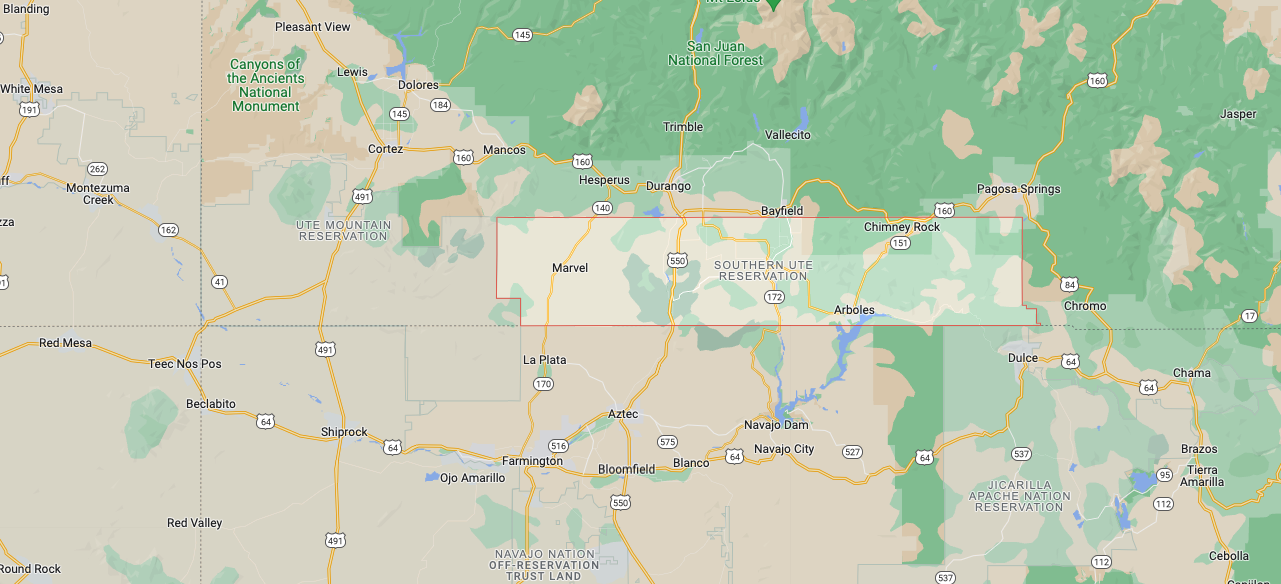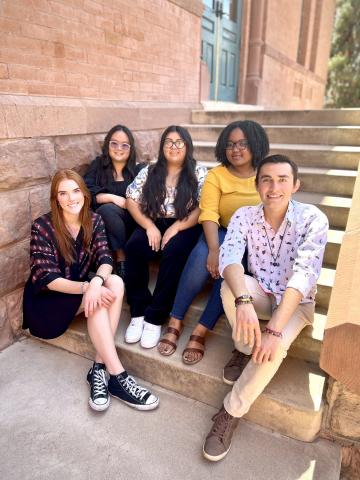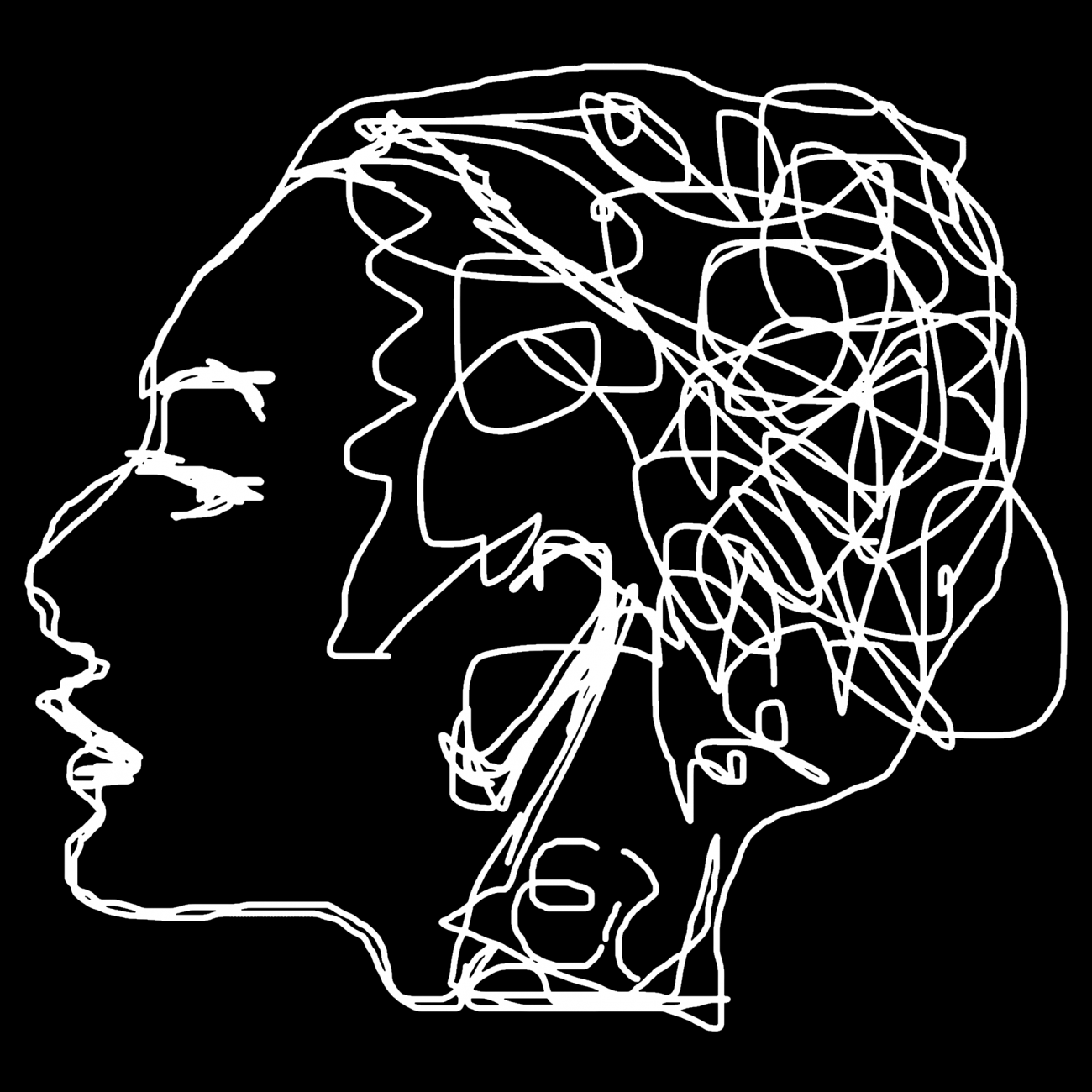
Decolonizing 'Madness' Impact Outcomes
Decolonizing 'Madness'
Students in the 'Decolonizing Madness' Lab worked with faculty from the School of Social Transformation and the Department of Psychology to consider how colonial legacies—institutional inequalities resulting from oppression—have factored into intergenerational trauma and the severe mental health crises among minorities observed today. As a culmination of their investigation, students engineered cultural interventions to amplify the resilience of marginalized peoples.
Student Outcomes
Phoenix Utopia Manifesto: Creating Wellness
Recognizing the importance of considering mental health with cultural, historical, and socioeconomic contexts, one team of students proposed an innovative concept of mental health care focused on homeless and immigrant communities. This concept manifested in distributing resources critical to mental wellbeing—basic necessities such as sunscreen and first aid kits, hygiene products, and self-care materials like lip balm and journals—to their target communities. See below for images of their distribution event held in partnership with Tempe Community Action Agency.
The team also distributed a flyer of mental health support resources for those experiencing homelessness and put together a Linktree directory of local volunteer opportunities for anyone interested in serving Phoenix's unsheltered community.
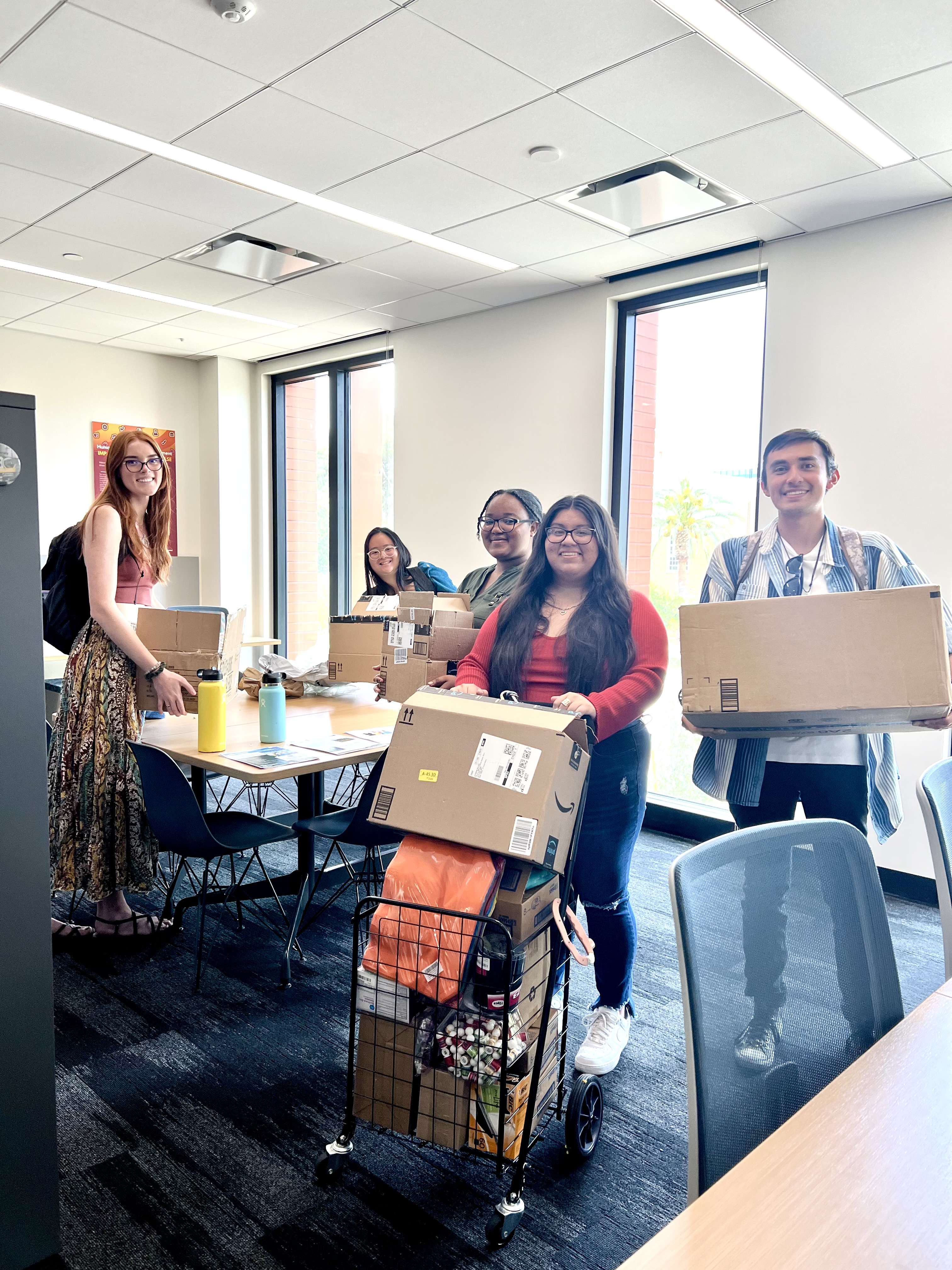
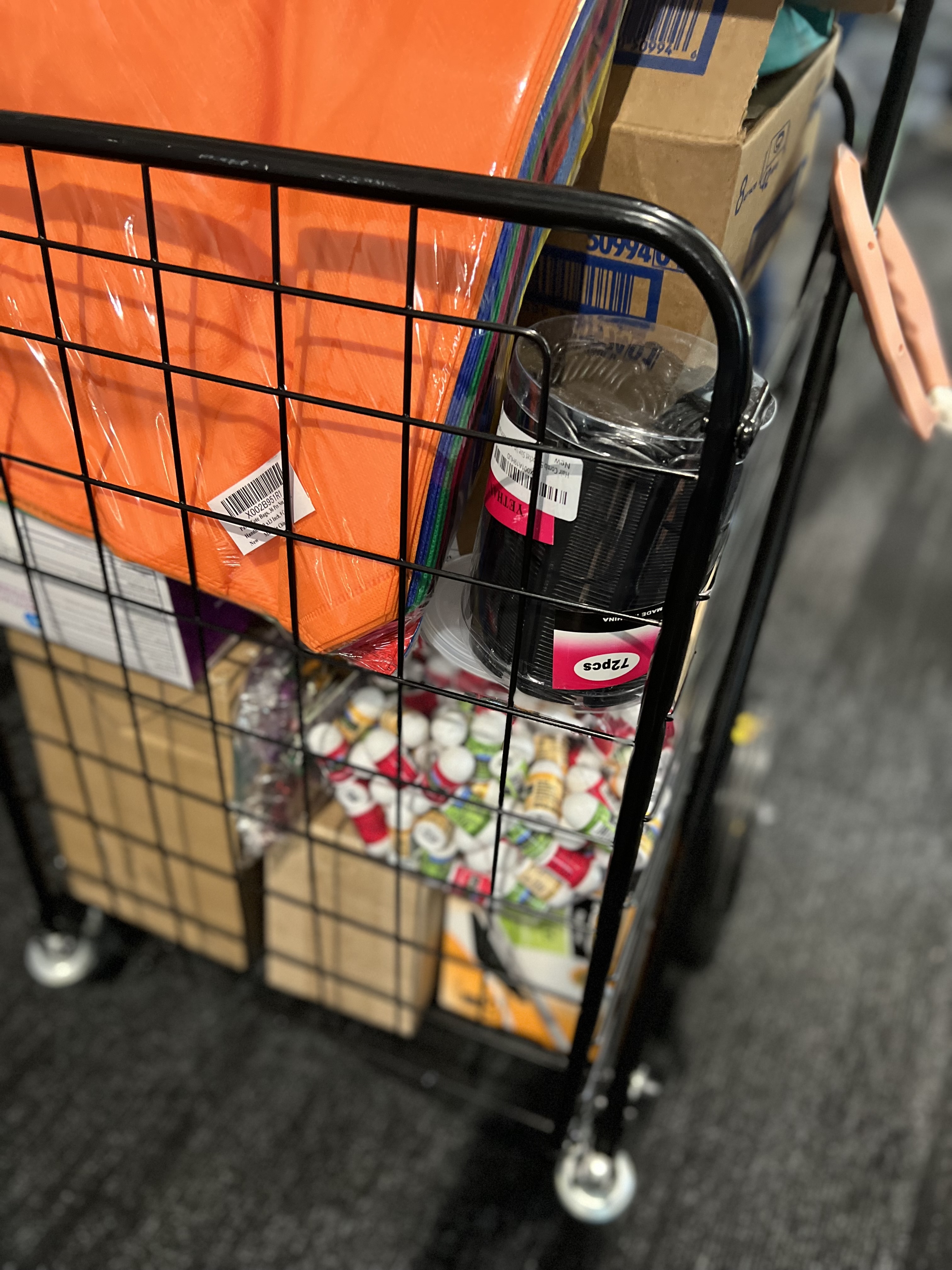
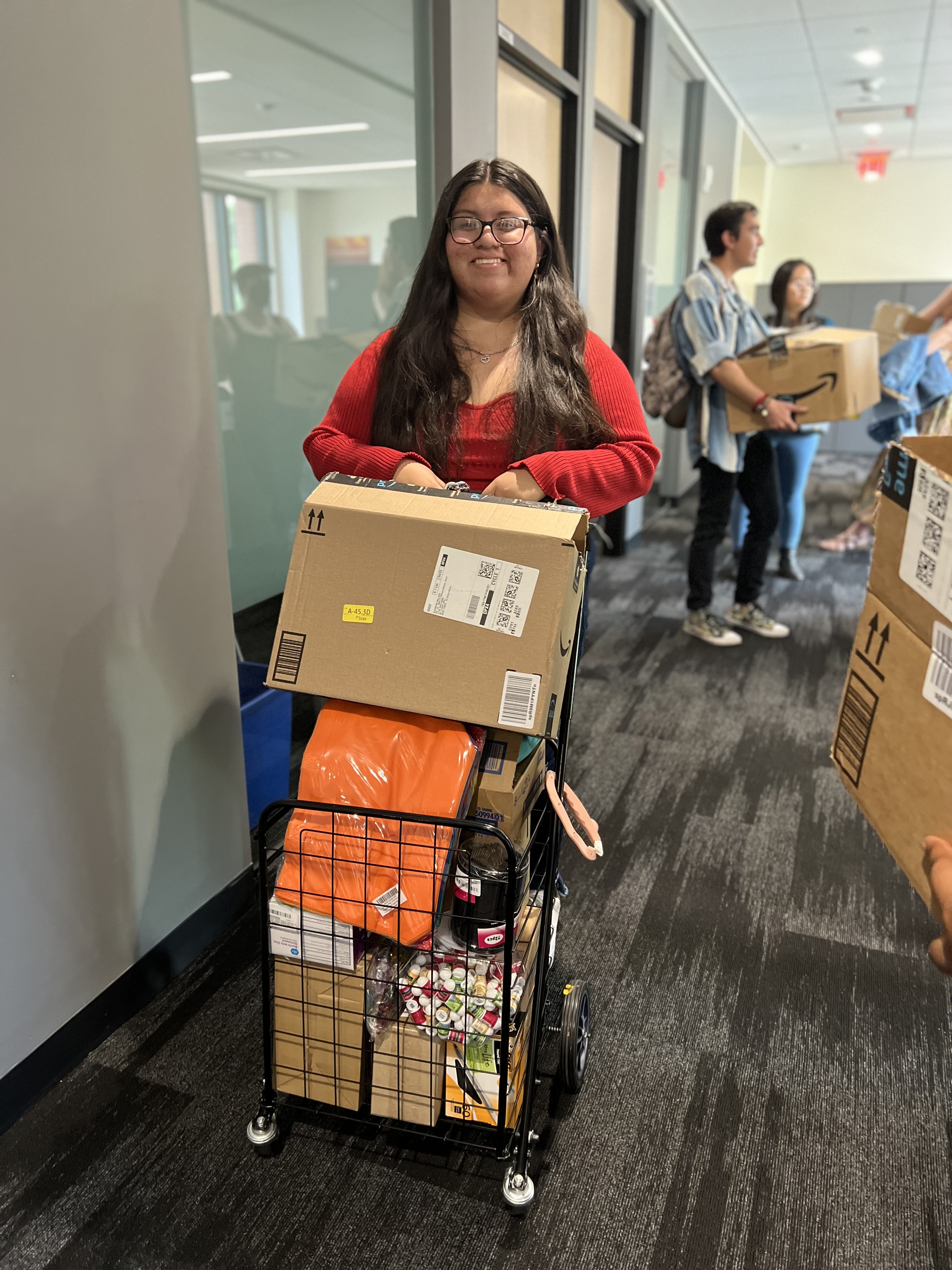
Phoenix Utopia Manifesto students organize and gather their supplies to head out to the collaborative distribution event with Tempe Community Action Agency.
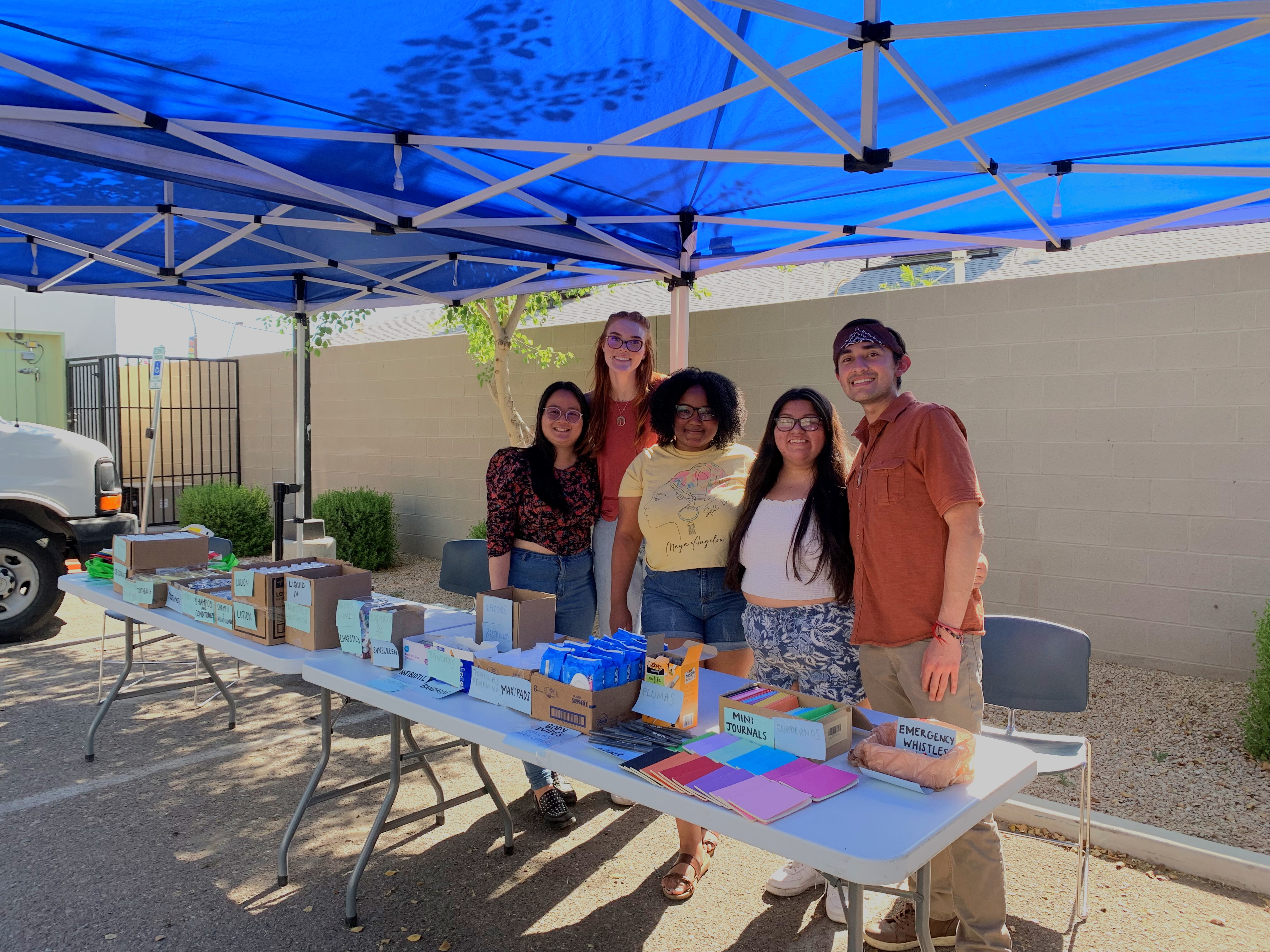
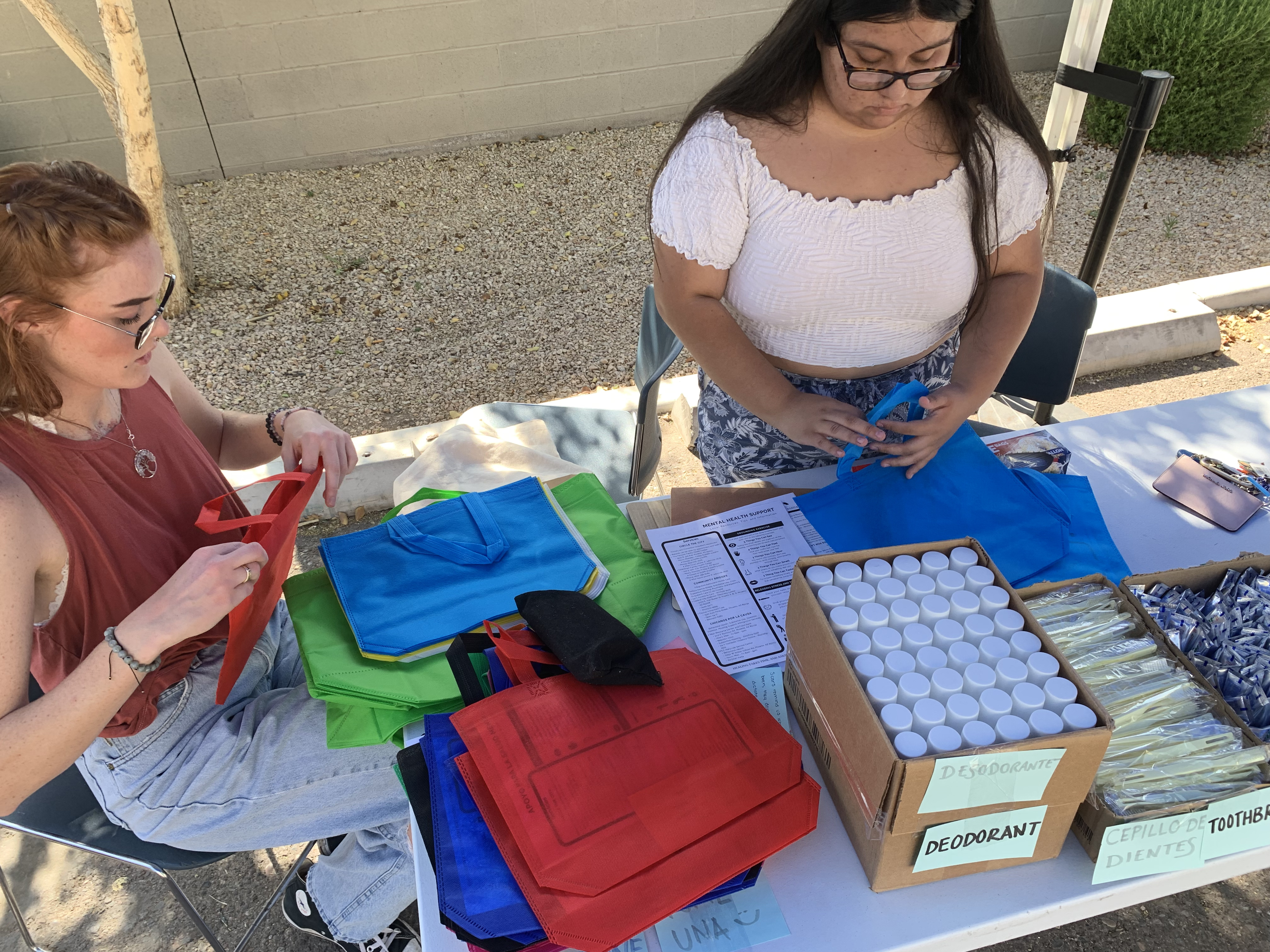
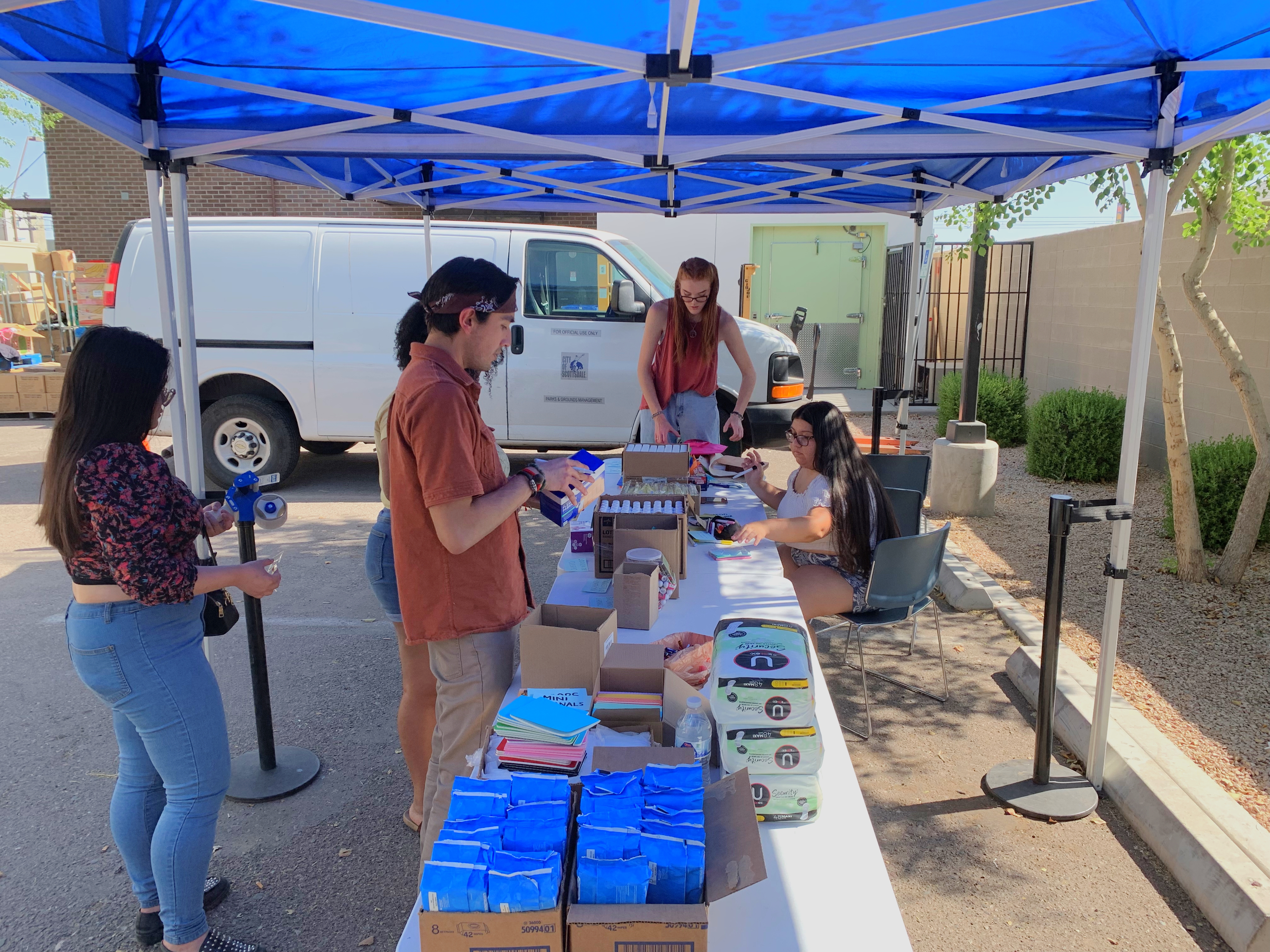
Southern Ute Reservation Community Asset Map Project (CAMP)
Aware of the historical subjugation experienced by the Ute people of Colorado and the contemporary scarcity of proper health resources on the Southern Ute Reservation, a team of students researched the reservation's unique health challenges and sought to assemble grassroots interventions to mitigate centuries of underfunded community programs. Their efforts produced the Community Asset Map: a map to help reservation denizens access critical social and health services.
However, acknowledging the multitudinous barriers to these services such as distance and cost, the team also created a website, Holistic Healing, to connect health providers, clients, and their support systems around a holistic healing program that employs both Western and Indigenous practices. The site aspires to serve as a community forum, a provider of free mental health programs, and a center for communication between practitioners and patients.
Grants
In order to earn the funds needed to initiate these projects, Decolonizing 'Madness' students applied for and received the following grants:
– Agni Garduno, Laura Randall, Samantha Herrera-Arellano, Sherissa Mason, Li Jeanne Cheam were awarded a Humanities Lab Amplifier Mini-Grant for their Phoenix Utopia Manifesto: Creating Wellness outcome.
Note: The views presented or expressed on this page are those of the speaker or author only and do not necessarily represent the views of Arizona State University.
